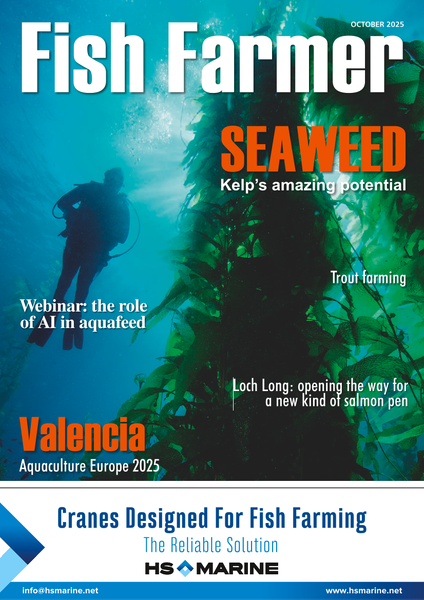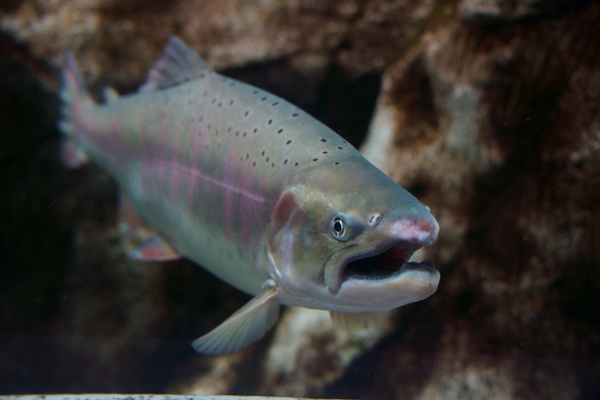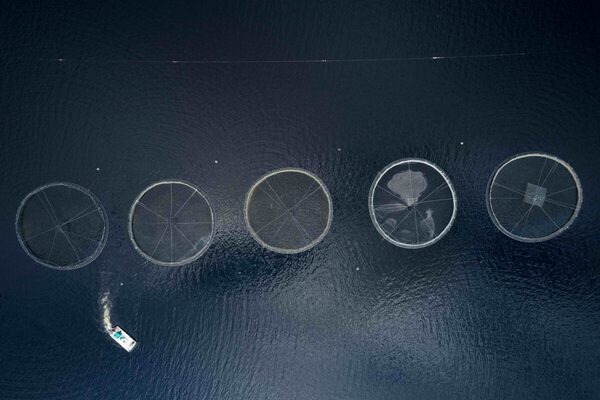Ocean Ecology focuses on clinical pathology to reduce lethal sampling
Dr Sara Pflaum explains a different approach to diagnosis in aquaculture
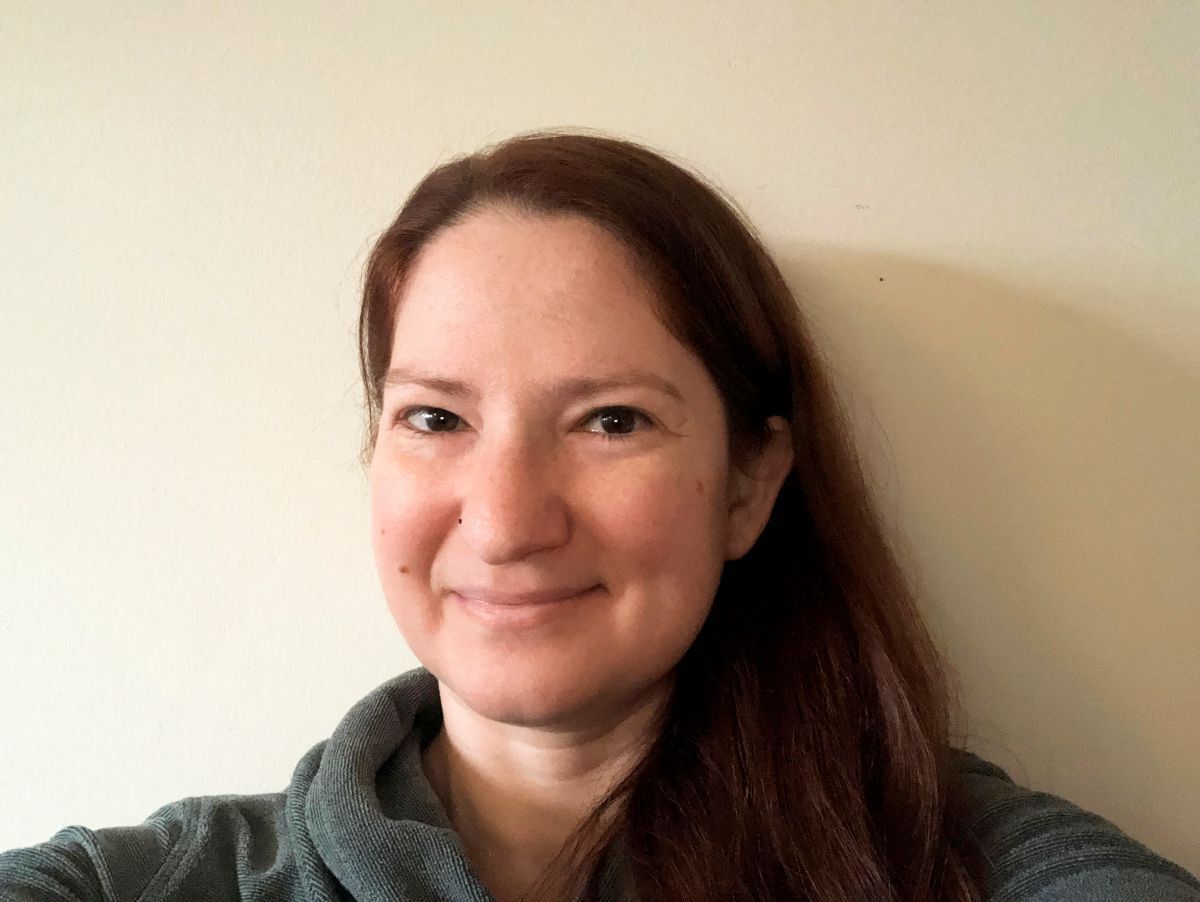
When evaluating physiology, disease processes, and prognosis, there are often alternatives to histopathology and the lethal sampling it requires. Clinical pathology primarily uses samples that can be collected from live animals and, at Ocean Ecology, we are building on methods with proven utility in fish health management to further develop clinical pathology for aquaculture.
Some methods, including use of selected blood biochemistry analytes (the specific substances or components being measured or analysed in a laboratory test) have been applied routinely in aquaculture for decades. For example, creatine kinase (CK) is used to evaluate muscle damage in diseases such as PD (pancreas disease), and chlorides provide a classic assessment of osmoregulation in smolts before seawater transfer.
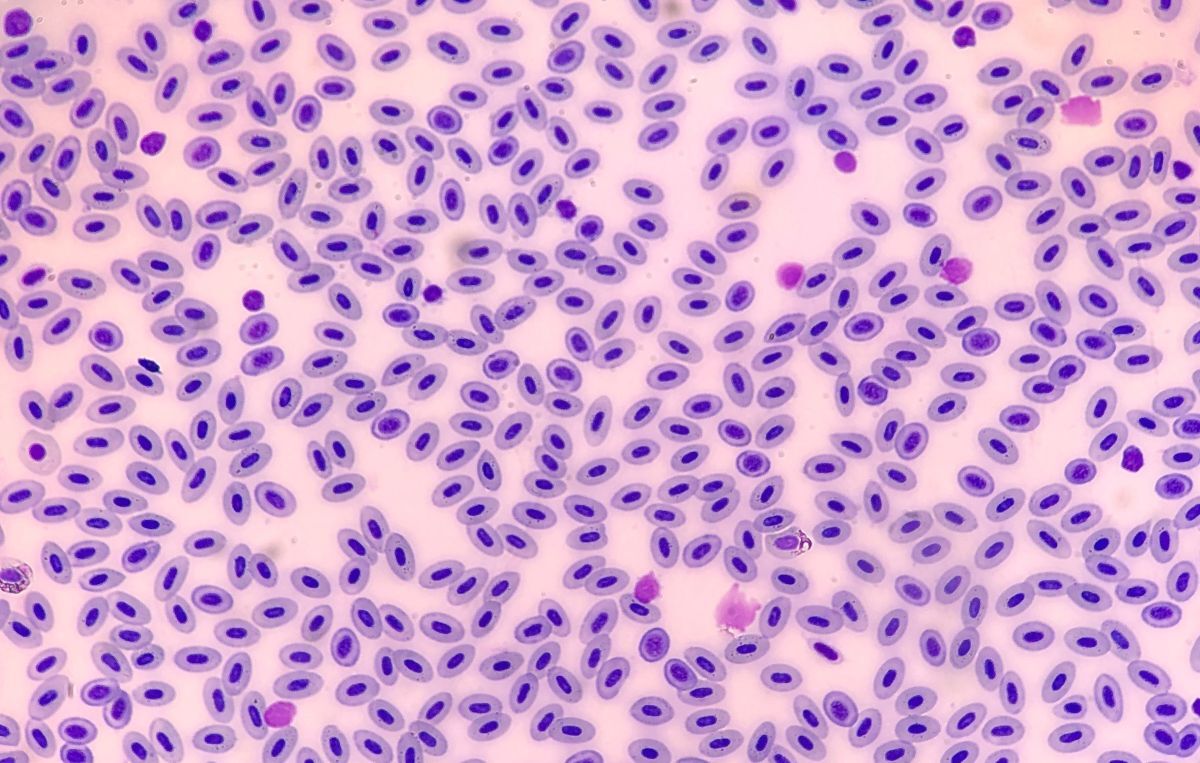
Other clinical pathology methods can be performed on site, such as microscopic checks for parasites in mucus samples. This was especially useful for detecting amoebae when amoebic gill disease (AGD) became a common problem in Scotland, and often enabled rapid diagnosis.
Another excellent example is haematology, which uses whole blood rather than separating samples to obtain serum or plasma. Haematology includes packed cell volume (PCV), which is now routine on many sites. It measures the proportion of blood volume that is occupied by red blood cells (RBCs) and consequently can be used to detect anaemia. PCVs can be followed up with blood smears to visualise cell morphology and evaluate RBC regeneration, providing further information about fish physiology at that timepoint.
Our approach at Ocean Ecology is to support proactive fish health and welfare monitoring. Clinical pathology provides non-lethal options for assessing complex biological processes. Results are considered on a case-by case basis alongside the clinical picture and conditions on the farm to help inform prognosis and evaluate risk when making decisions about handling, treatment, harvest or other procedures.
If you would like to learn more about Ocean Ecology’s clinical pathology service and its practical applications, please contact Sara Pflaum at sara.pflaum@ocean-ecology.com
Dr Sara Pflaum MRCVS DipRCPath is an Aquaculture Veterinarian at Ocean Ecology, based in Oban. She is a Diplomate of the Royal College of Pathologists and a specialist in veterinary clinical pathology focusing on salmonids.
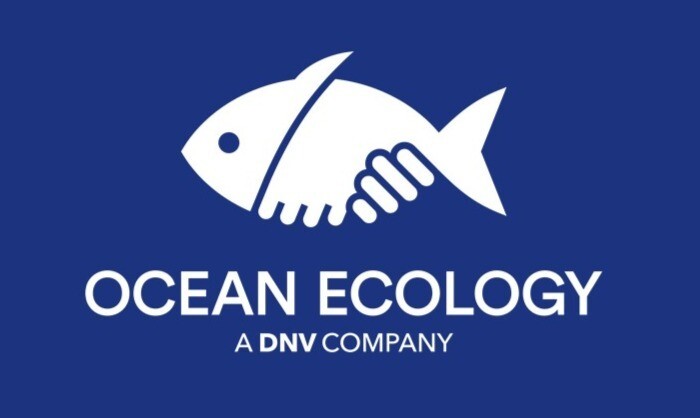
Why not try these links to see what our Fish Farmer AI can tell you.
(Please note this is an experimental service)
